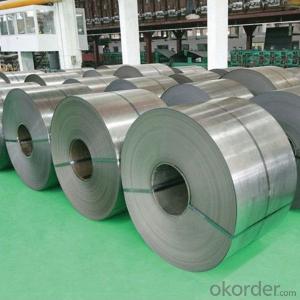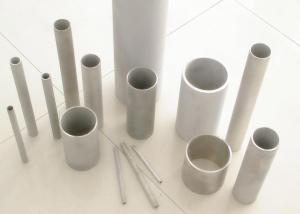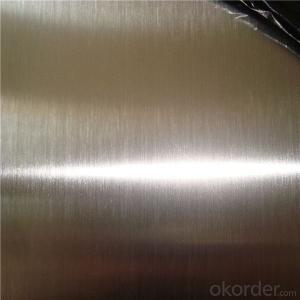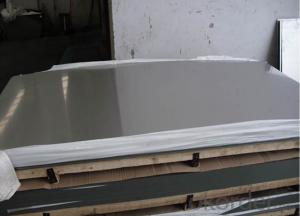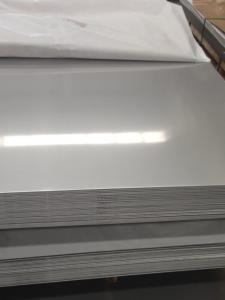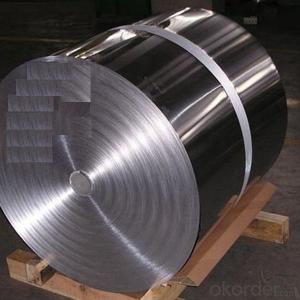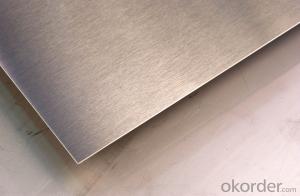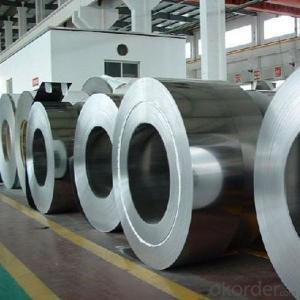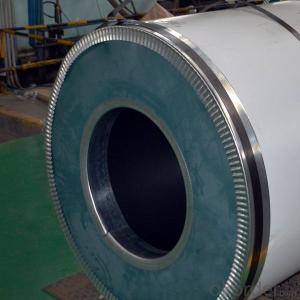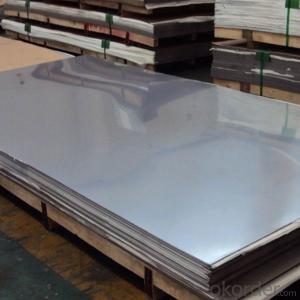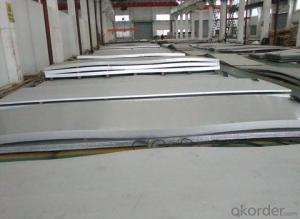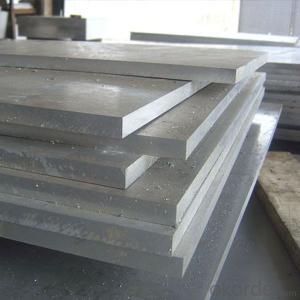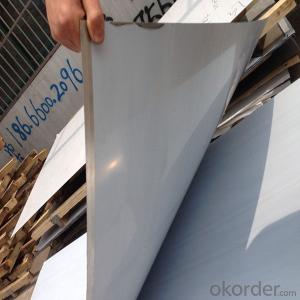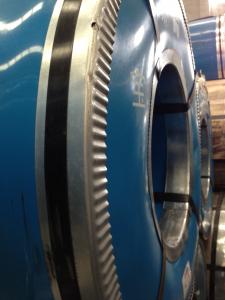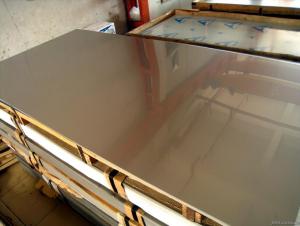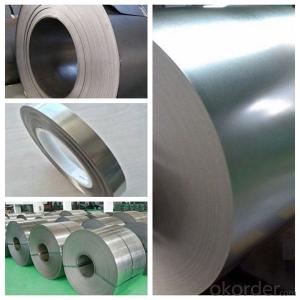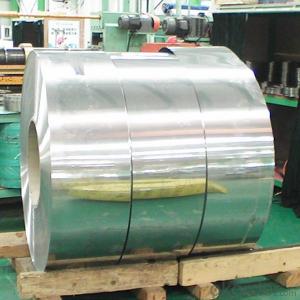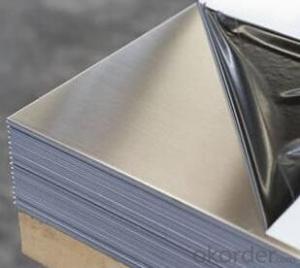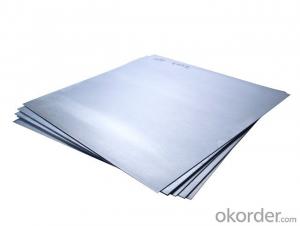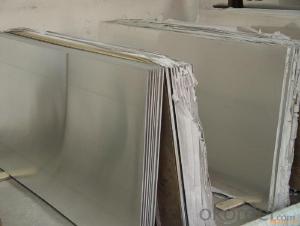All Categories
- - Steel Wire Rod
- - Steel Coils
- - Steel Profiles
- - Steel Pipes
- - Stainless Steel
- - Tinplate
- - Special Steel
- - Steel Sheets
- - Steel Rebars
- - Steel Strips
- - Hot Rolled Steel
- - Cold Rolled Steel
- - Pre-painted Steel
- - Seamless Steel Pipe
- - Welded Steel Pipe
- - Hollow Steel Tubes
- - Galvanized Pipe
- - Stainless Steel Coil
- - Stainless Steel Sheet
- - Stainless Steel Plate
- - Stainless Steel Strips
- - Electrolytic Tinplate Coil
- - Electrolytic Tinplate Sheet
- - Stainless Steel Rebars
- - Solar Panels
- - Solar Water Heater
- - Solar Related Products
- - Solar Inverter
- - Solar Cells
- - Solar Light
- - Solar Energy Systems
- - Solar Controllers
- - Solar Mounting System
- - Solar Pump
- - Solar Chargers
- - Fiberglass Chopped Strand
- - Fiberglass Mesh Cloth
- - Composite Pipes
- - FRP Pultrusion Profiles
- - Fiberglass Mat Tissue
- - Fiberglass Fabrics
- - Fiberglass Mesh
- - Composite Tank
- - Fiberglass Mesh tape
- - Polymer
- - FRP Roofing Panel
- - Fiberglass Roving
- - Monolithic Refractories
- - Ceramic Fiber Products
- - Refractory Bricks
- - Raw Materials For Refractory
- - Suspended Platform
- - Cranes
- - Concrete Machinery
- - Earthmoving Machinery
- - Building Hoist
- - Road Building Machinery
- - Plastic Pipe Fittings
- - Plastic Tubes
- - Plastic Sheets
- - Agricultural Plastic Products
- - Plastic Nets
 All Categories
All Categories
Q & A
How is stainless steel plate tested for its resistance to hydrogen embrittlement?
Stainless steel plate is tested for its resistance to hydrogen embrittlement through various methods, including the slow strain rate testing (SSRT) technique. This involves subjecting the steel plate to a controlled environment with hydrogen exposure while applying a slow strain rate. The material's susceptibility to embrittlement is then determined by evaluating any cracks or fractures that may occur during the test. Other tests, such as the hydrogen-induced cracking (HIC) test or the electrochemical permeation test, may also be conducted to assess the steel plate's resistance to hydrogen embrittlement.
Can stainless steel plate be used in pressure vessel applications?
Yes, stainless steel plate can be used in pressure vessel applications. Stainless steel is known for its excellent corrosion resistance, high strength, and durability, making it suitable for withstanding the high pressure and harsh conditions found in pressure vessels. Additionally, stainless steel plates can be fabricated to meet specific size and shape requirements, ensuring a secure and reliable containment system for various fluids and gases.
Is stainless steel plate resistant to chemicals?
Yes, stainless steel plate is highly resistant to chemicals. It has excellent corrosion resistance properties, making it suitable for use in various industries where it may come into contact with corrosive substances.
Wholesale Stainless Steel Plate from supplier in Cyprus
We look forward to serving you and meeting all your Stainless Steel Plate needs in Cyprus. Contact us now to discuss your requirements and receive a customized solution tailored to your specific project. With our commitment to excellence and customer satisfaction, we are confident that we can exceed your expectations. Trust us to provide you with top-notch Stainless Steel Plates and unrivaled customer service.
